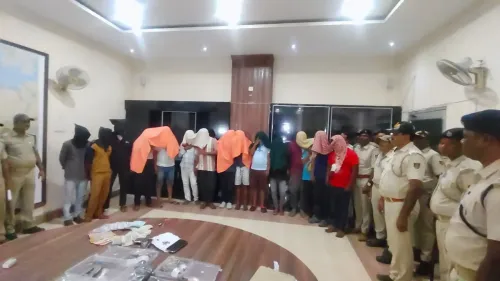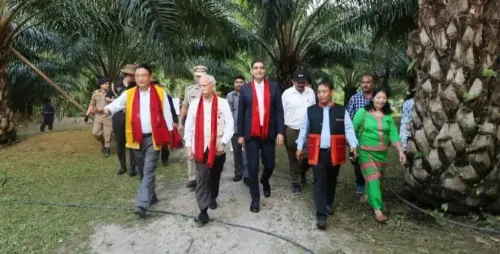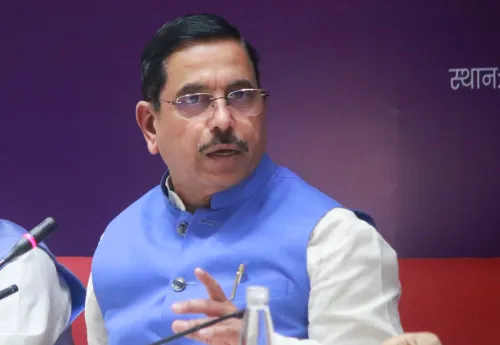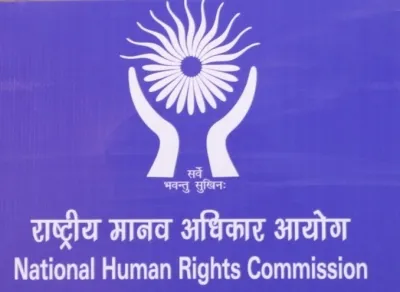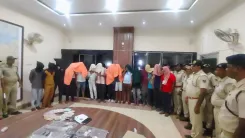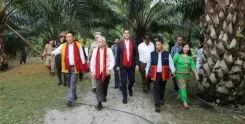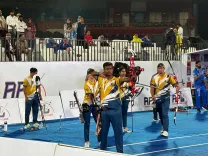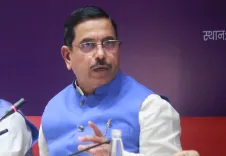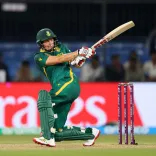Is India Reviving Its Long-Lost Parliamentary Practice at the UNGA?
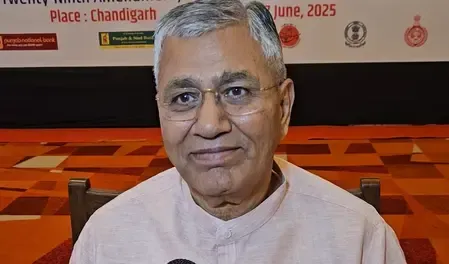
Synopsis
Key Takeaways
- India is reviving its tradition of sending parliamentary delegations to the UNGA.
- Two groups of MPs will travel to New York in October.
- Led by P P Chaudhary, the delegations aim to engage in global discussions.
- The UNGA is crucial for international policymaking.
- This move reflects India's growing global stature.
New Delhi, Oct 6 (NationPress) Two teams of Indian parliamentarians are set to travel to New York shortly as part of the nation's Non-Official Delegation to the 80th United Nations General Assembly (UNGA). This initiative follows the government’s decision, led by Prime Minister Narendra Modi, to rejuvenate the historic practice of dispatching parliamentary delegations to the UNGA, enabling Members of Parliament (MPs) to engage in global discussions.
The first group will be headed by BJP MP and Chairperson of the Joint Parliamentary Committee (JPC) on 'One Nation One Election', P P Chaudhary, and will consist of 15 MPs. This group will be in New York from October 8-14, while the second group will leave towards the end of the month.
The presence of these delegations highlights India’s renewed dedication to parliamentary diplomacy, reaffirming the role of legislators in shaping dialogues at the world’s foremost multilateral platform.
The Non-Official Delegation allows MPs to participate in UN sessions, connect with India’s Permanent Mission, and represent the democratic values of India on an international stage. This move also underscores India’s ascending global prominence and the significant contributions it has made to the UN.
The initial group includes P P Chaudhary (Leader), Anil Baluni, Captain Brijesh Chowta, Nishikant Dubey, Ujjwal Deorao Nikam, S Phangnon Konyak, Medha Vishram Kulkarni, Poonam Ben Maadam, Vamsi Krishna Gaddam, Vivek Tankha, T Sumathy, Sribharat Mathukumilli, Kumari Selja, NK Premachandran, and Rajeev Rai.
The UNGA serves as the principal deliberative, policymaking, and representative body of the UN, where all 193 member states hold equal standing. It is the only forum where every member nation is continuously represented. Its primary roles include discussing global matters, passing resolutions, and establishing subsidiary agencies to tackle specific issues.
India has a rich history of sending parliamentary delegations to the UNGA, allowing MPs to take part in global conversations; however, this practice was halted in 2004.
Notably, several eminent leaders, including L K Advani in 2012 and Atal Bihari Vajpayee, represented India at the UNGA over the years, even before becoming Prime Minister. The revival of these non-official delegations under P P Chaudhary signifies India’s commitment to restoring this cherished practice and enhancing parliamentary involvement in international diplomacy.

